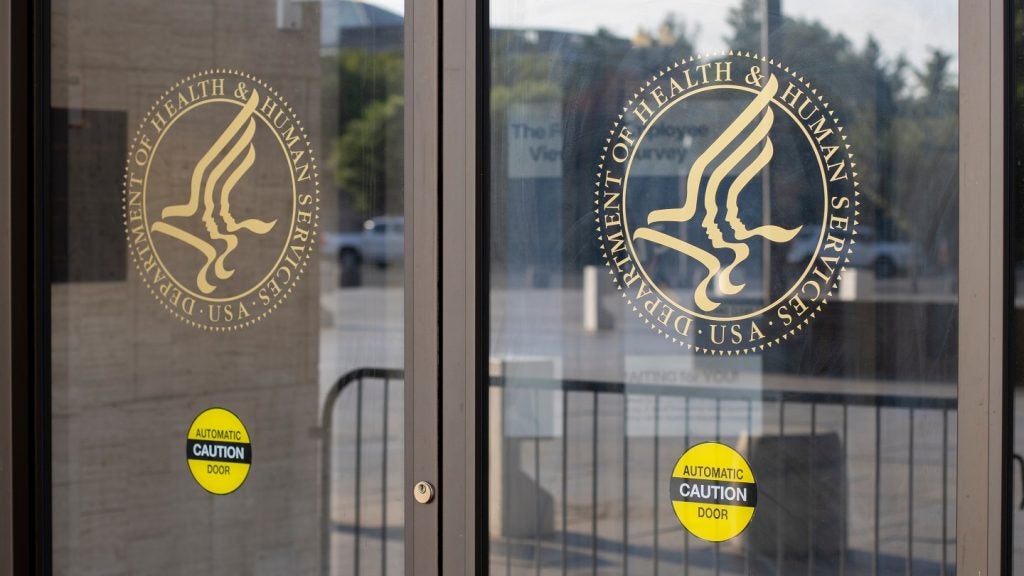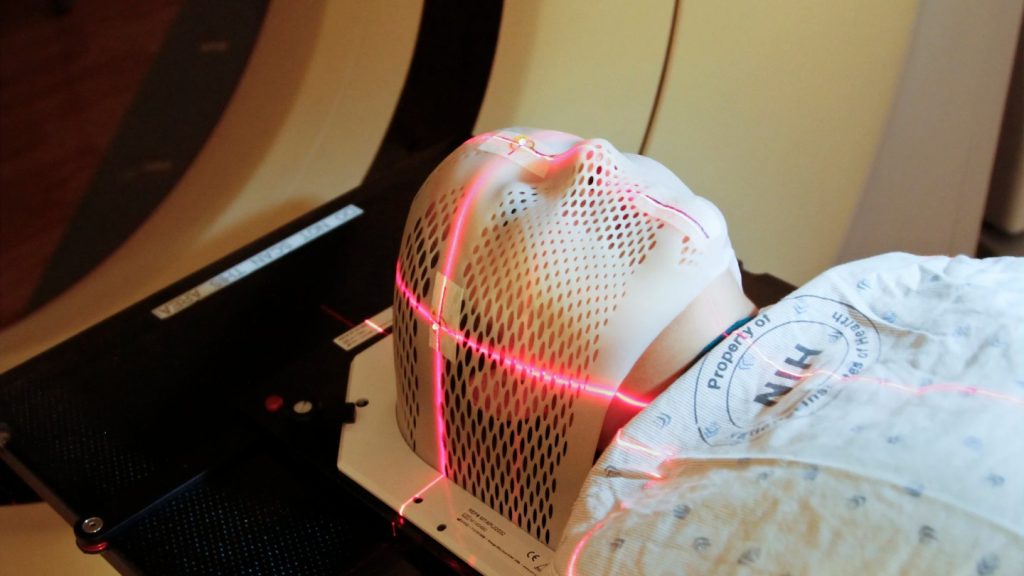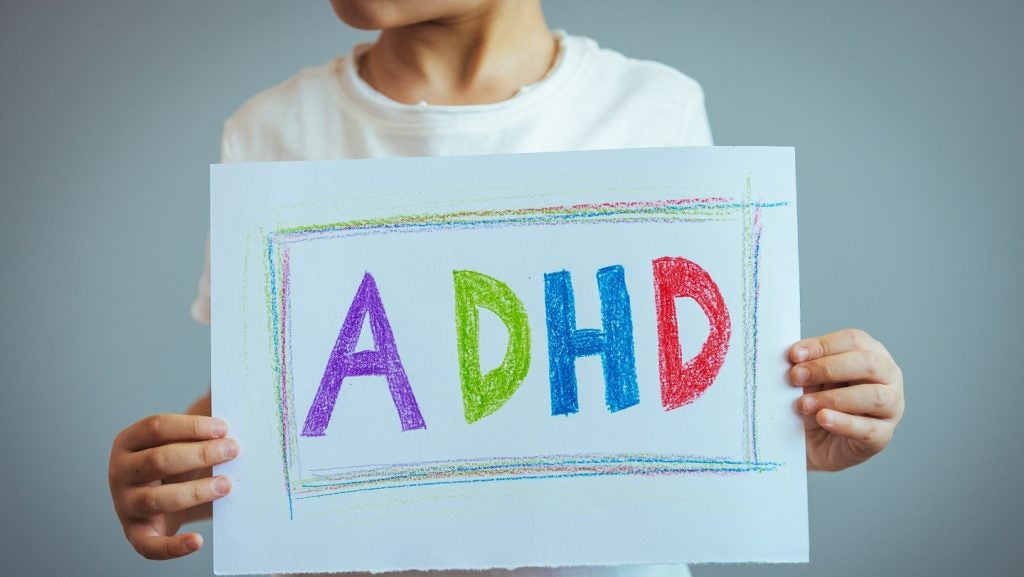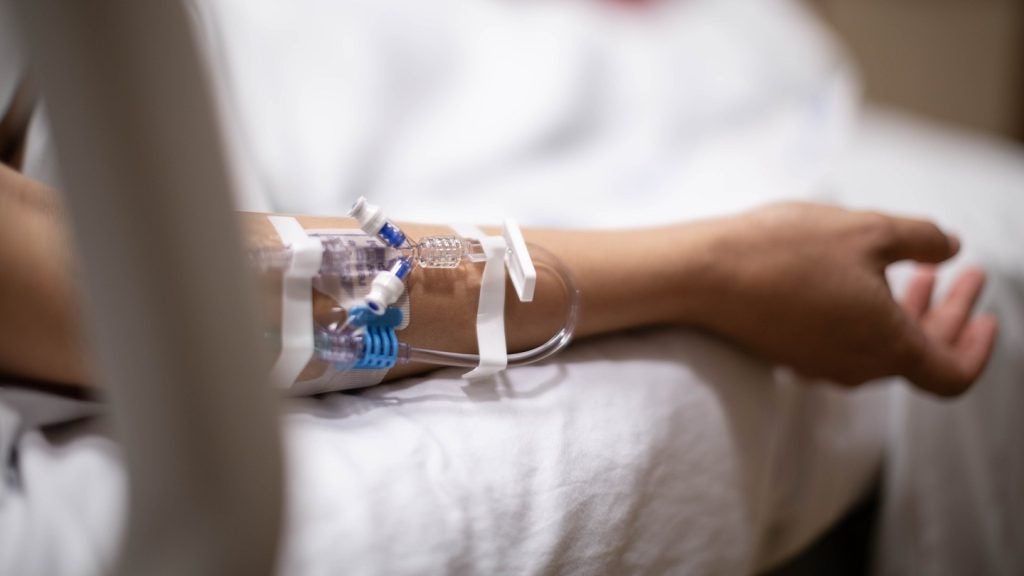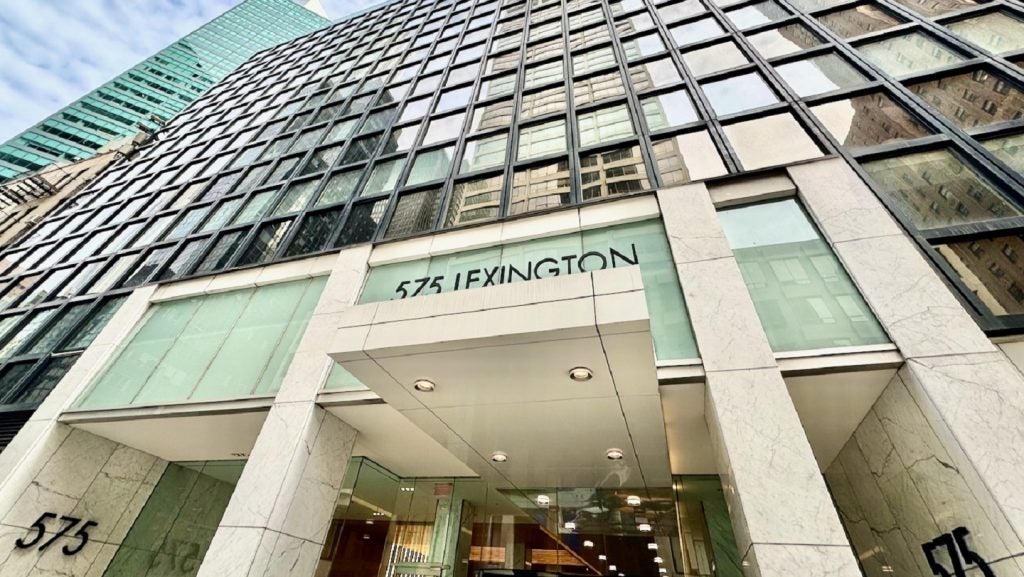The US Department of Health and Human Services (HHS) has proposed a rule to deter healthcare providers from obstructing the access, exchange, or use of electronic health information, except as required by law.
This rule aligns with the 21st Century Cures Act and complements a previous rule by the HHS Office of Inspector General (OIG) that penalises information blocking by other healthcare stakeholders.
Under this proposed rule, HHS suggests penalties for healthcare providers found guilty of information blocking.
One of these penalties includes eligible hospitals and critical access hospitals (CAHs) could lose 75% of their annual market basket increase under the Medicare Promoting Interoperability Program.
Similarly, eligible clinicians or groups might receive a zero score in the Merit-based Incentive Payment System (MIPS) Promoting Interoperability performance category.
Besides, Health care providers participating in the Medicare Shared Savings Program such as Accountable Care Organizations (ACOs) could be ineligible for at least one year.
Exceptions such as the Privacy Exception are included to safeguard patient privacy and preferences.
Previously, OIG had established civil money penalties of up to $1m per violation for health IT developers and other entities involved in health information technology.
The Office of the National Coordinator for Health Information Technology (ONC) and CMS will hold an information session about the rule, which is open for public comment for 60 days, starting 1 November 2023 until 2 January 2024.
HHS also seeks public input on potential future disincentives for healthcare providers.


